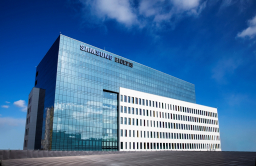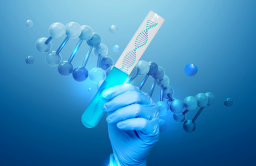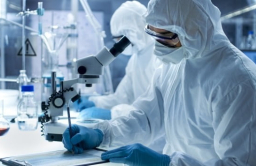-
KOSPI 2577.27 -2.21 -0.09%
-
KOSDAQ 722.52 -7.07 -0.97%
-
KOSPI200 341.49 +0.02 +0.01%
-
USD/KRW 1396 -2.00 0.14%
Samsung Bioepis sees greater market for Byooviz eye disease biosimilar
Bio & Pharma
Samsung Bioepis sees greater market for Byooviz eye disease biosimilar
Samsung is leading the pack in the global ophthalmology biosimilar market with its Byooviz, referencing Lucentis
By
Jul 18, 2022 (Gmt+09:00)
2
Min read
News+
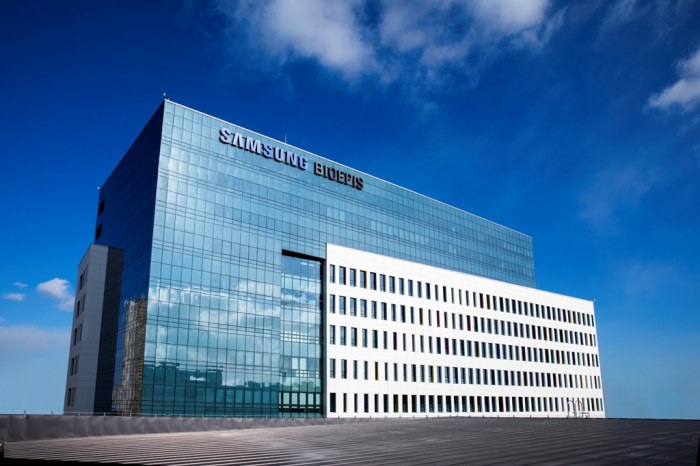
NEW YORK – Samsung Bioepis Co., a biopharmaceutical unit of South Korea’s top conglomerate Samsung, is one step ahead of its rivals in the eye disease-related biosimilar segment, particularly for the treatment of macular degeneration, the global market of which is estimated at 17 trillion won ($13 billion).
At the annual meeting of the American Society of Retina Specialists held on Saturday in New York, the company presented the results of its post-hoc analysis on Byooviz (codenamed S11), the world’s first ophthalmology biosimilar referencing Lucentis.
Neil M. Bressler, a Johns Hopkins University medical professor who participated in Byooviz’s extra phase 3 trials, said during the presentation that the biosimilar has demonstrated equivalent clinical efficacy compared to Lucentis, the original blockbuster reference product.
Lucentis is a medication for ophthalmic disease and has indications for treating macular degeneration and diabetic macular edema. Roche and Novartis are selling the drug developed by Genentech. Lucentis' global sales were about $3.5 billion last year.
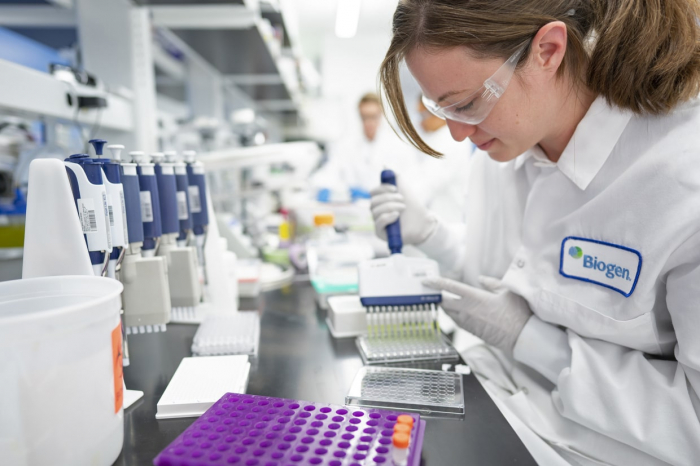
Byooviz is an anti-vascular endothelial growth factor (VEGF) treatment that can prevent the loss of eyesight in people suffering from retinal vascular disorders that can lead to irreversible blindness or visual impairment in adults.
The drug is the first ophthalmology biosimilar to gain US Food and Drug Administration (FDA) approval.
In the US market, Samsung and its partner Biogen launched Byooviz, also known as ranibizumab-nuna, in June. The drug has been on the market since July 1, at prices 40% lower than Lucentis' list price.
Byooviz has already been approved in Europe, in the UK and some European Union member countries.
In Korea, Samsung Bioepis last month joined hands with Samil Pharmaceutical Co. to sell the biosimilar under the name of Amelivu.
LEADING THE PACK
Other Korean biopharmaceutical companies such as Chong Kun Dang Pharmaceutical Corp., Celltrion Inc. and Samchundang Pharm Co. are also in the race for ophthalmology biosimilars.
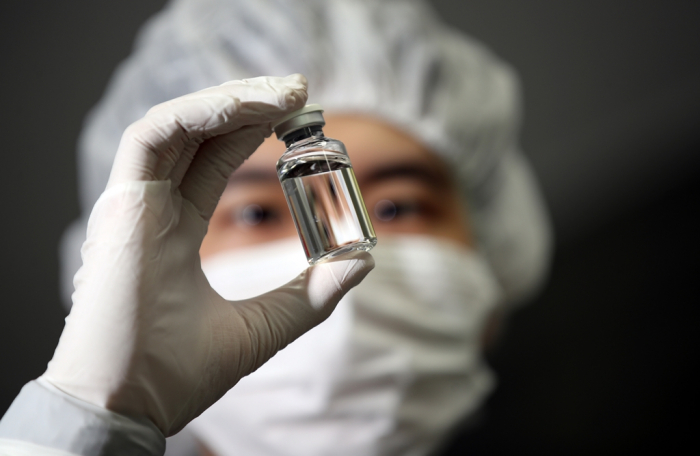
Earlier this year, Samsung Bioepis said it aims to double the number of its biosimilar products on sale to 10 by 2025 and accelerate its push for the development of novel therapeutics.
The company currently sells six biosimilars – three in the autoimmune sector, which are Infliximab (sold under the brand name Remicade), Etanercept (Enbrel) and Adalimumab (Humira); as well as three others, Trastuzumab (Herceptin), Bevacizumab (Avastin) and Ranibizumab (Lucentis) in oncology.
Samsung said four other biosimilars, including replicas of Eylea (SB15), Stelara and Prolia, are in the pipeline.
The company said last month its SB12, a proposed biosimilar to Alexion Pharmaceuticals Inc.’s rare blood disease medicine, Solaris, has shown the same clinical effects.
Solaris, the original Eculizumab drug, obtained FDA sales approval in 2007 and posted $1.87 billion in global sales in 2021.
Write to Jae-young Han at jyhan@hankyung.com
In-Soo Nam edited this article.
More To Read
-
Jun 14, 2022 (Gmt+09:00)
-
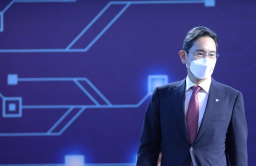 Corporate investmentSamsung to invest $355 billion in chip, biotech, 6G over five years
Corporate investmentSamsung to invest $355 billion in chip, biotech, 6G over five yearsMay 24, 2022 (Gmt+09:00)
-
Feb 24, 2022 (Gmt+09:00)
-
 PharmaceuticalsSamsung Bioepis posts $1.26 billion in global biosimilar sales
PharmaceuticalsSamsung Bioepis posts $1.26 billion in global biosimilar salesFeb 18, 2022 (Gmt+09:00)
-
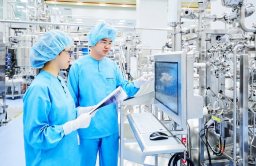 Mergers & AcquisitionsSamsung buys $2.3 bn Bioepis stake from Biogen to end partnership
Mergers & AcquisitionsSamsung buys $2.3 bn Bioepis stake from Biogen to end partnershipJan 28, 2022 (Gmt+09:00)
-
Sep 23, 2021 (Gmt+09:00)


